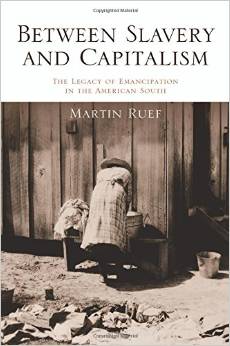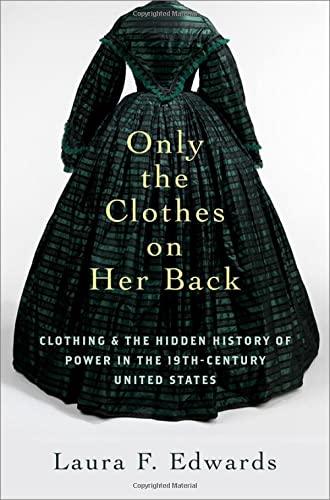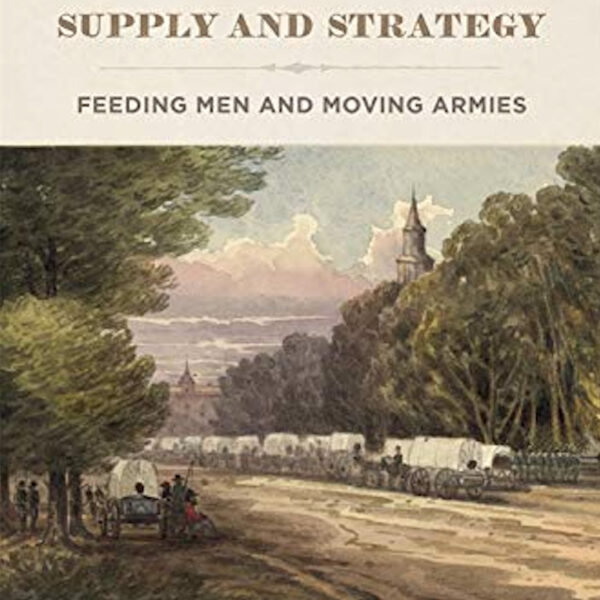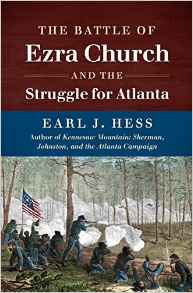On Lincoln edited by John T. Hubbell. Kent State University Press, 2014. Paper, ISBN: 978-1606352007. $29.95.
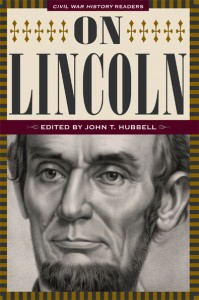 On Lincoln pulls together some of the finest scholarly writing about our nation’s sixteenth president from the pages of Civil War History, a leading journal in the field for the past sixty years. The longtime editor of Civil War History, John T. Hubbell, selected fifteen articles he deemed “salient to an understanding of the man.” Indeed, some of these essays should be essential reading for every Lincoln scholar and Civil War enthusiast.
On Lincoln pulls together some of the finest scholarly writing about our nation’s sixteenth president from the pages of Civil War History, a leading journal in the field for the past sixty years. The longtime editor of Civil War History, John T. Hubbell, selected fifteen articles he deemed “salient to an understanding of the man.” Indeed, some of these essays should be essential reading for every Lincoln scholar and Civil War enthusiast.
First among these is Don E. Fehrenbacher’s seminal essay, “Only His Stepchildren: Lincoln and the Negro,” which was a response to mid-twentieth-century accusations that Lincoln was a racist. Fehrenbacher suggests that the term “‘racist’ . . . serves us badly as a concept [for historical inquiry] because of its denunciatory tone and indiscriminate use.” To better understand Lincoln’s views on race, Fehrenbacher argues that modern readers must appreciate the context in which Lincoln was operating. Nineteenth-century Americans like Lincoln were not as “preoccupied” with race as later Americans have been, and our preoccupations should not be anachronistically read back into the past. Nor should we strip Lincoln’s sometimes unsavory comments about race from their historical context. Fehrenbacher maintains that Lincoln had to concede some forms of racial inequality when taking an antislavery position before white audiences in the 1850s—but he did this so that he could pursue a larger, more important goal. His positions on the less important matter of race, according to Fehrenbacher, were “designed to fortify him on the point that was at issue—namely, the extension of slavery.” Had Lincoln been more of a racial egalitarian, he never could have persuaded the American people to abandon slavery. “Whether that is the measure of his greatness,” concludes the author, “must be left to each one’s personal taste.”
In “Defending Emancipation: Abraham Lincoln and the Conkling Letter, 1863,” Allen C. Guelzo argues that “Lincoln’s commitment to emancipation was absolute and would not be bargained away in return for concessions by the Confederates.” During the summer of 1863, Lincoln’s emancipation policy was facing strenuous opposition throughout the North. But Lincoln understood that emancipation and the arming of black troops had become essential for restoring the Union. In order to persuade northern voters that arming slaves could help the Union win the war, Lincoln wrote a public letter to his old friend, James C. Conkling, to be read at a mass meeting in Springfield, Illinois. (The letter would also be published in newspapers throughout the nation after the meeting.) In line with Fehrenbacher’s thesis in the preceding essay, Guelzo argues that Lincoln seized “the moral high ground” by turning the debate “from a vicious argument about race to a more imposing argument about the Union.” If most northerners wished to save the Union, then Lincoln would try to persuade them that emancipation was the best way to accomplish that goal. Guelzo maintains that Lincoln’s public letter to Conkling had the effect of making emancipation irrevocable, thus placing the president in a position to push hard for the Thirteenth Amendment during and after his campaign for reelection in 1864.
The other chapters of the volume cover various aspects of Lincoln’s life. In a series of two essays, Douglas L. Wilson sifts through mountains of conflicting testimony pertaining to Lincoln’s love life as a young bachelor in New Salem and Springfield, exploring in some depth his relationships with Ann Rutledge and Mary Todd. Two essays analyze his 1838 Lyceum Address. Major L. Wilson places Lincoln’s speech within the political context of Jacksonian America, while Charles Strozier offers a psychoanalytical interpretation, suggesting that Lincoln’s fear of mob violence revealed that “Lincoln was in a state of some sexual confusion in early 1838, and that the unruly passions of the mob in the Lyceum speech, whatever else they represent, are a direct expression of his own troubled soul.” Mark E. Neely, Jr., argues that Lincoln’s opposition to the Mexican-American War was in line with mainstream western Whig Party positions on the war and territorial expansion. Neely also demonstrates that Lincoln chose not to run for reelection to Congress in 1848 because he had grown weary of serving and felt underappreciated by his constituents. Several essays examine Lincoln as war president. The closing chapter by William Hanchett describes the fascinating story behind the creation of the myth that Secretary of War Edwin M. Stanton had orchestrated the plot to assassinate Lincoln.
Taken together, On Lincoln represents some of the best scholarship on Lincoln’s personal life and political career. Several of these essays are classics in the field of Lincoln studies. Nevertheless, it is unclear for whom this volume is intended. These are mostly academic essays, generally not well suited for a popular audience. Nor will this book likely be useful for course adoption. Many colleges and universities subscribe to Civil War History either in print or through online databases. As a consequence, most students can freely download any of these essays that a professor might choose to assign, rather than purchase the entire book.
Jonathan W. White is assistant professor of American Studies at Christopher Newport University and the author of Emancipation, the Union Army, and the Reelection of Abraham Lincoln (2014).
